After nearly a year of emergency closures, U.S. cattle ports are beginning to reopen—starting with Douglas, Arizona, with Columbus and Santa Teresa, New Mexico expected next. That means live cattle from Mexico are once again flowing north, tagged, dipped, and USDA-cleared for entry.
But here’s the question no one at the port is asking:
What happened before the paperwork was printed?
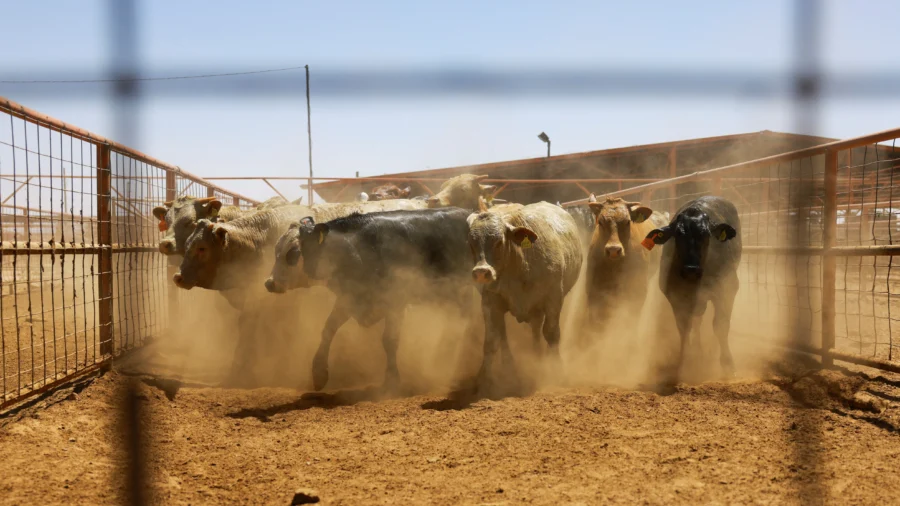
Because by the time a steer reaches the border, according to InSight Crime’s research on organized crime, may have passed through a cartel-controlled feedlot, earned a forged certificate from a crooked vet, and worn an ear tag registered to a fake rancher
It’s not just a trade story—it’s a sovereignty crisis.
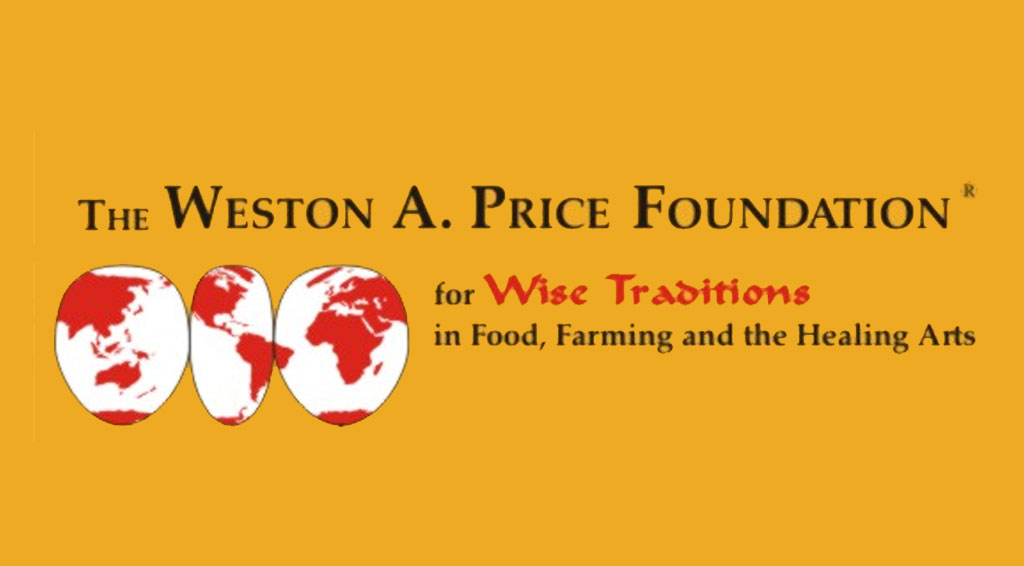
How the CJNG Cartel Hijacked Mexico’s Cattle Trade—And Slipped It Into the U.S. Beef Supply
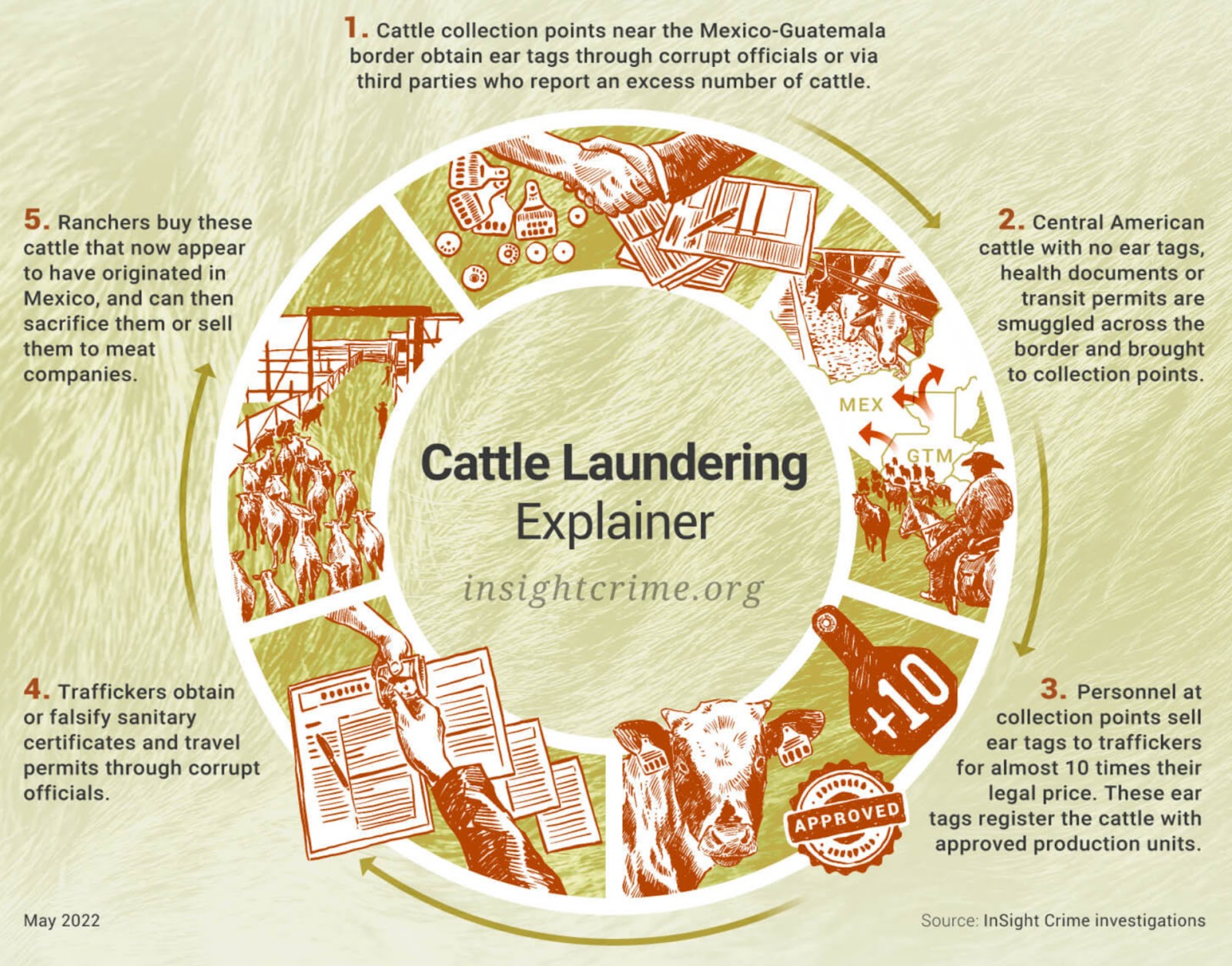
Santa Teresa may be the busiest cattle import station in America. But it’s what crosses that should worry you.
A growing body of evidence shows that cartel-linked cattle from northern Jalisco are entering American supply chains with USDA paperwork—and no one is watching the real owners.
A Quiet Coup in Northern Jalisco

In October 2022, ranchers across ten municipalities in Jalisco were summoned—some to meetings, others by threat. The Cártel Jalisco Nueva Generación (CJNG) forcibly took over the regional cattle trade. They imposed a commission—5 pesos per kilo—on every export-bound animal.
The cartel didn’t need guns. It had spreadsheets.
CJNG appointed regional “managers” in towns like Colotlán and Huejúcar to enforce the racket. Bureaucrats at the municipal level distributed transit guides and export certificates—plugged into SENASICA, the national animal ID system—feeding CJNG real-time data on herd movement, births, and ownership.
This wasn’t a black-market side hustle. This was a cartel-front cattle syndicate embedded inside Mexico’s legal export system.
Cartel Ranches, Clean Paperwork
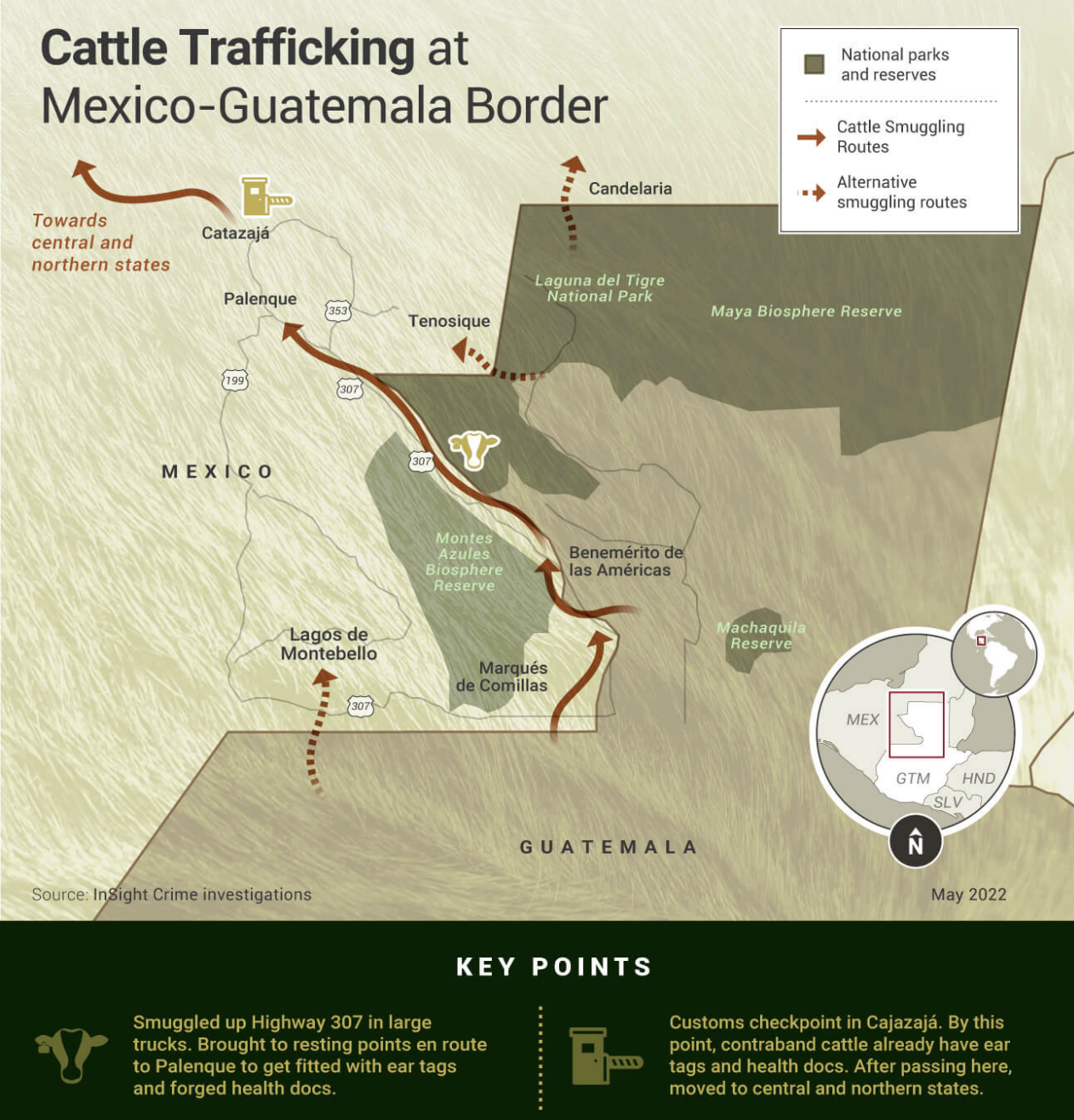
CJNG’s brilliance is how closely it mimics legality. Cattle are born into the official system. Their paperwork is real. Bureaucrats sign the tags. Ranchers comply—or disappear.
By early 2023, over 100,000 cattle per year were flowing through cartel-controlled regions—many bound for U.S. export.
And here’s the kicker: USDA has no mechanism to trace them to origin.
Once an animal is tagged, dipped, and inspected at a U.S. port, it’s cleared for feedlots—same as domestic stock. There is no red flag for cartel-linked cattle. No trigger for inspection if the ranch name is fake. No requirement to trace the animal to its Mexican pasture.
This creates a legal laundering loop: clean papers, dirty provenance, no oversight.
The Biosecurity Backdoor: Screwworm and Smuggling
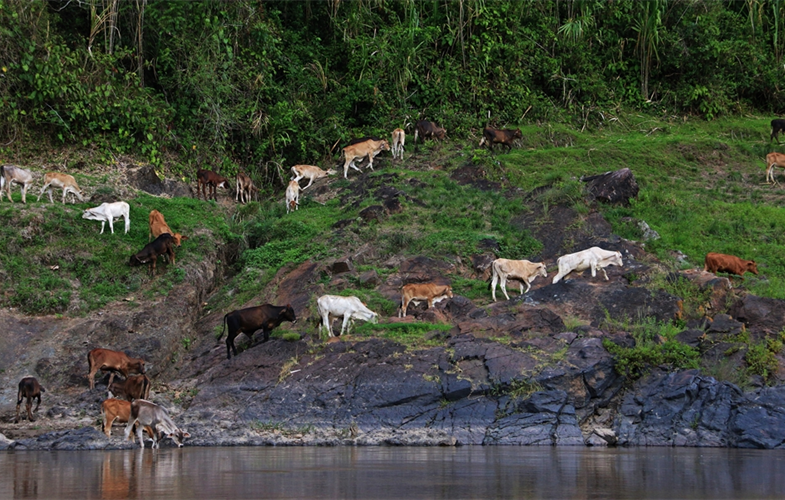
In 2024, USDA shut down live imports due to a resurgence of New World Screwworm, a parasitic fly that eats live tissue. Outbreaks were centered in Veracruz, Campeche, and Yucatán—the same regions where smuggled cattle from Central America enter Mexico.
Cattle from Guatemala, Honduras, and Nicaragua enter Mexico at a rate of over 800,000 head per year—ten times the official imports. Most are raised on deforested land, transported without quarantine, and laundered through cartel-linked collection centers.
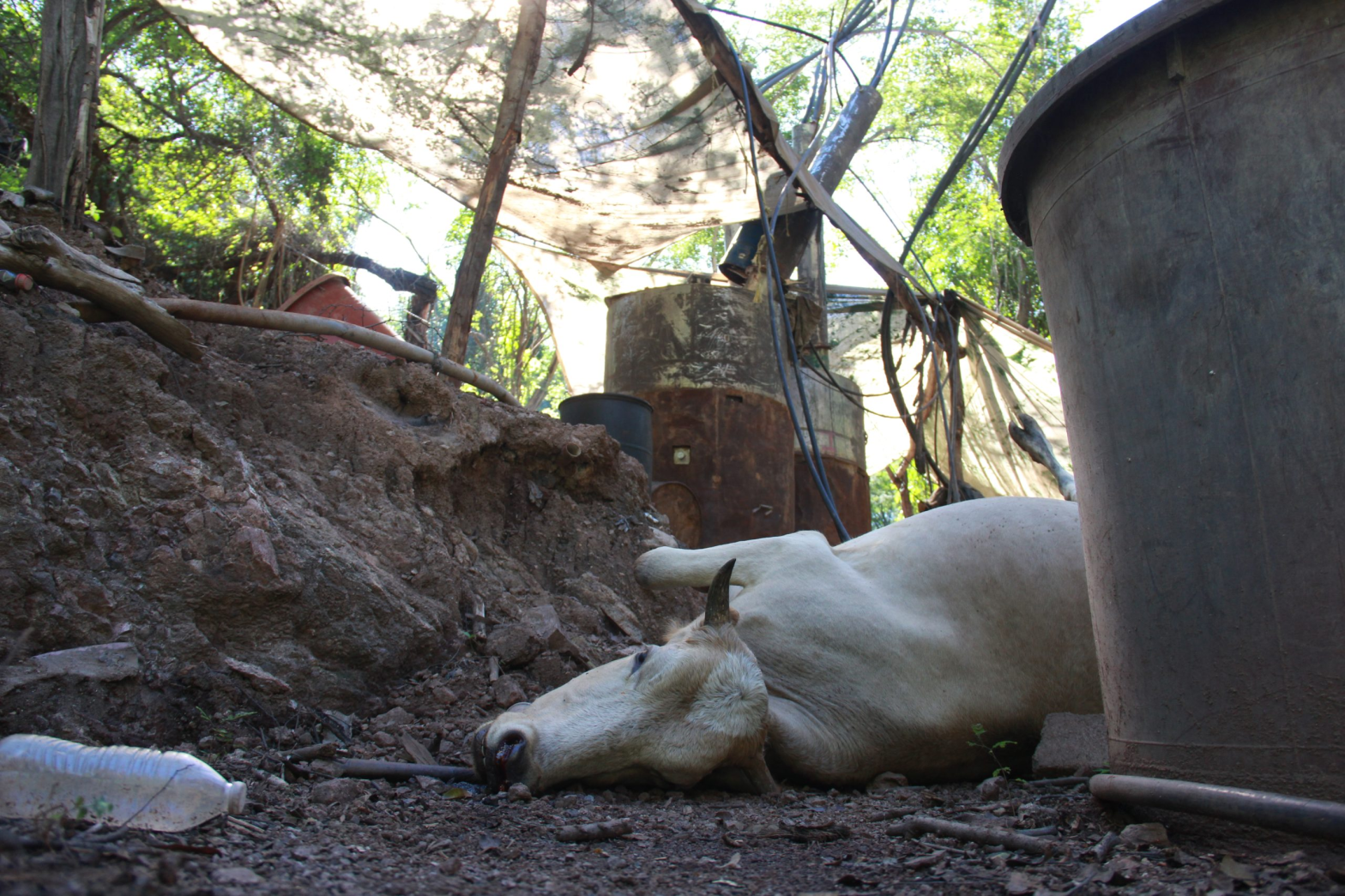
Once these animals are funneled into TIF slaughterhouses, they’re indistinguishable from legitimate cattle. And yes, their boxed meat is eligible for U.S. export.
From Black Market to Feedlot: USDA’s Structural Blindspot
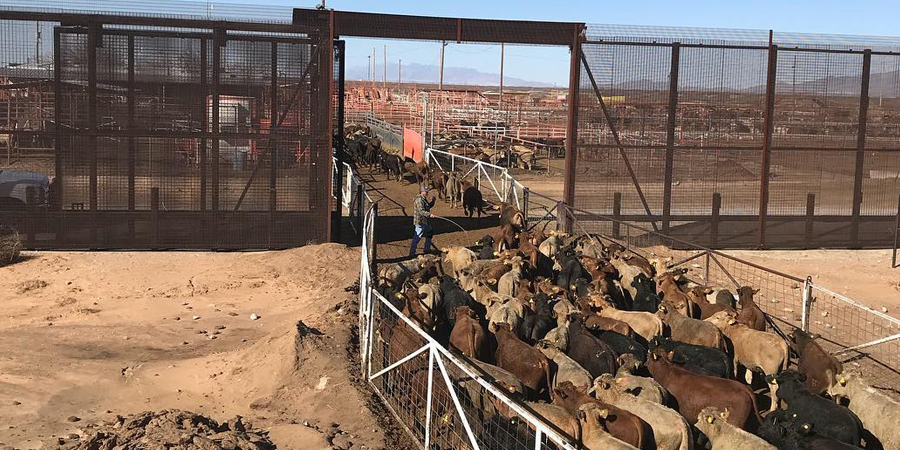
The USDA operates under an “equivalence” doctrine. If a foreign processing plant meets U.S. standards, the origin of the cattle is irrelevant.
That means once cartel-linked cattle are boxed and shipped to U.S. distributors—or arrive live at places like Santa Teresa—they’re cleared as if they were born in Texas.
No one audits the transit routes. No one verifies ranch-level ownership. And there’s no check for data leaks, corruption, or cartel interference in the paperwork pipeline.
As Animal Político noted, “Contraband cattle… appear as if they originated from municipalities that are clear to export.”
The Economic Fallout: Ranchers Can’t Compete With Cartels
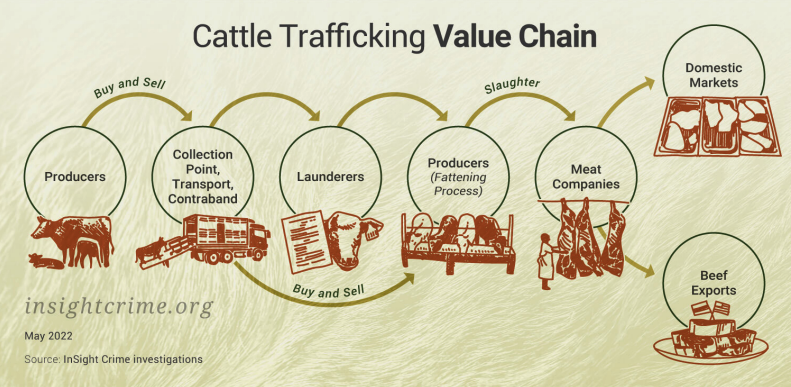
Source: InSight Crime
This isn’t just a crime story. It’s a price war.
Cartel-linked cattle arrive with artificially low costs, subsidized by coercion, stolen land, and bureaucratic fraud. Meanwhile, American ranchers pay taxes, follow protocols, and face USDA scrutiny.
“After COOL was repealed, we easily lost a dollar per pound on my calves.”
— Dixie Suddreth, Real Red Meats in Farson, WY
When cartel cattle land in Kansas feedyards, they’re mixed with U.S. herds. No one knows—or cares—where they came from.
And USDA’s system ensures they never have to.
From Cattle Syndicate to Death Ranch: The Izaguirre Revelation
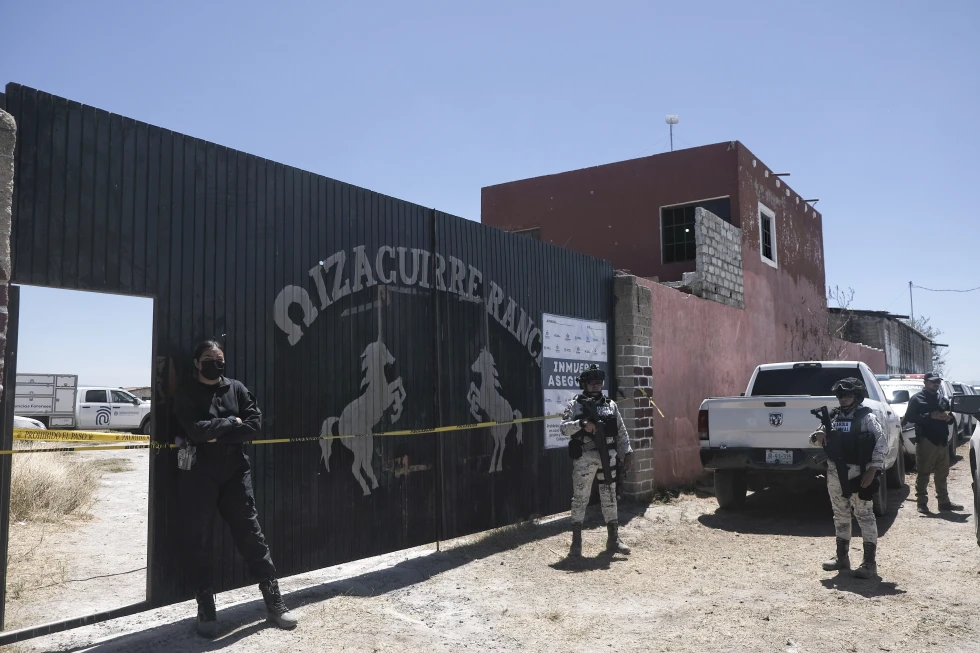
In northern Jalisco, CJNG’s grip on the cattle trade isn’t just financial—it’s paramilitary. In early 2025, Mexican search brigades uncovered mass graves, charred bones, clothing, and cattle skulls at a suspected ranch called Rancho Izaguirre. It wasn’t a farm—it was an extermination site.
Federal prosecutors later charged ten people, including the mayor of Teuchitlán and three municipal police officers, for forced disappearances, organized crime, and murder tied to the Cártel Jalisco Nueva Generación (CJNG).
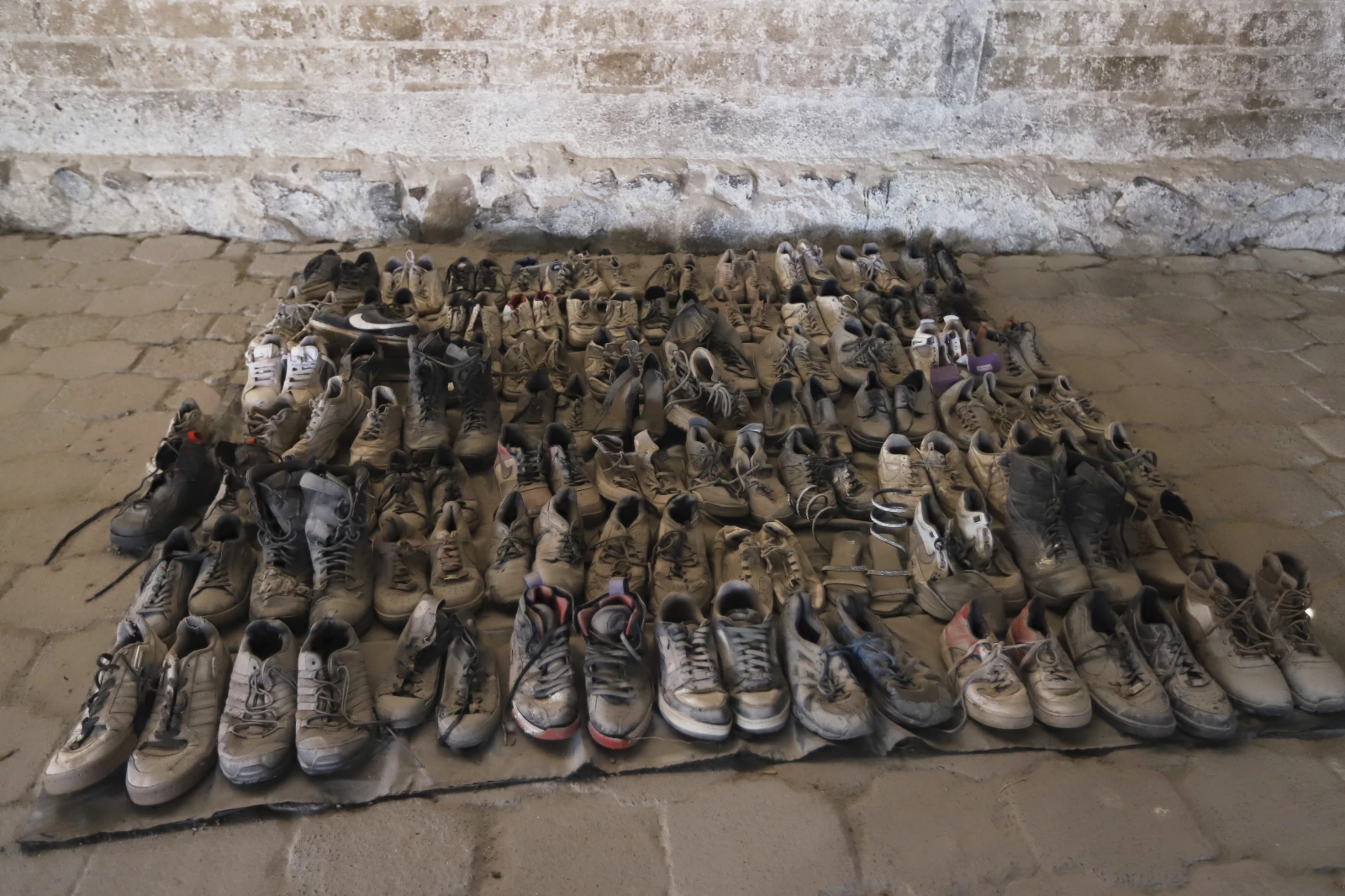
“The perpetrators turned a cattle ranch into a crematorium.”
— Washington Post, July 2025
Despite multiple warnings from state human rights officials since 2021, authorities didn’t act until bones surfaced in 2025. This mirrors accounts from whistleblowers and forensic auditors claiming the USDA may have discovered fraud and abuse at ranches like this—but backed off due to cartel fear.
It’s a warning: cartel cattle doesn’t just depress prices. It destabilizes human life.
Yet under current USDA rules, once those animals are tagged and processed, their meat—no matter the blood behind it—can enter the U.S. supply chain unchecked.
The Broader Pattern: Agriculture as a Front for Organized Crime

This isn’t isolated. As InSight Crime has shown, cartels now control sectors like avocados, limes, and cattle. A 2004 U.S. Treasury probe found that Mexican cartels used cattle firms in Chihuahua to launder drug money—including one with a U.S. satellite office in Presidio, Texas.
And in 2025, Hudspeth County Sheriff Arvin West claimed Mexican smugglers were hiding fentanyl inside heifers, using port-of-entry procedures to avoid detection. CBP dismissed the claim—at Santa Teresa specifically—but acknowledged they can’t rule it out elsewhere.
Why It Matters for American Ranchers
- USDA has no protocol to trace Mexican cattle to ranch-level origin
- No red flags are raised if cartel managers are listed as sellers
- Feedlots don’t distinguish between domestic and foreign-born animals
- No USDA audit touches cartel commissions or SENASICA data breaches
For every U.S. rancher feeding hay and following the rules, this isn’t trade. It’s economic warfare in bureaucratic drag.
MCOOL Is the Floor. Rancher of Origin Is the Standard. Abolishing the Checkoff Is the Strike.
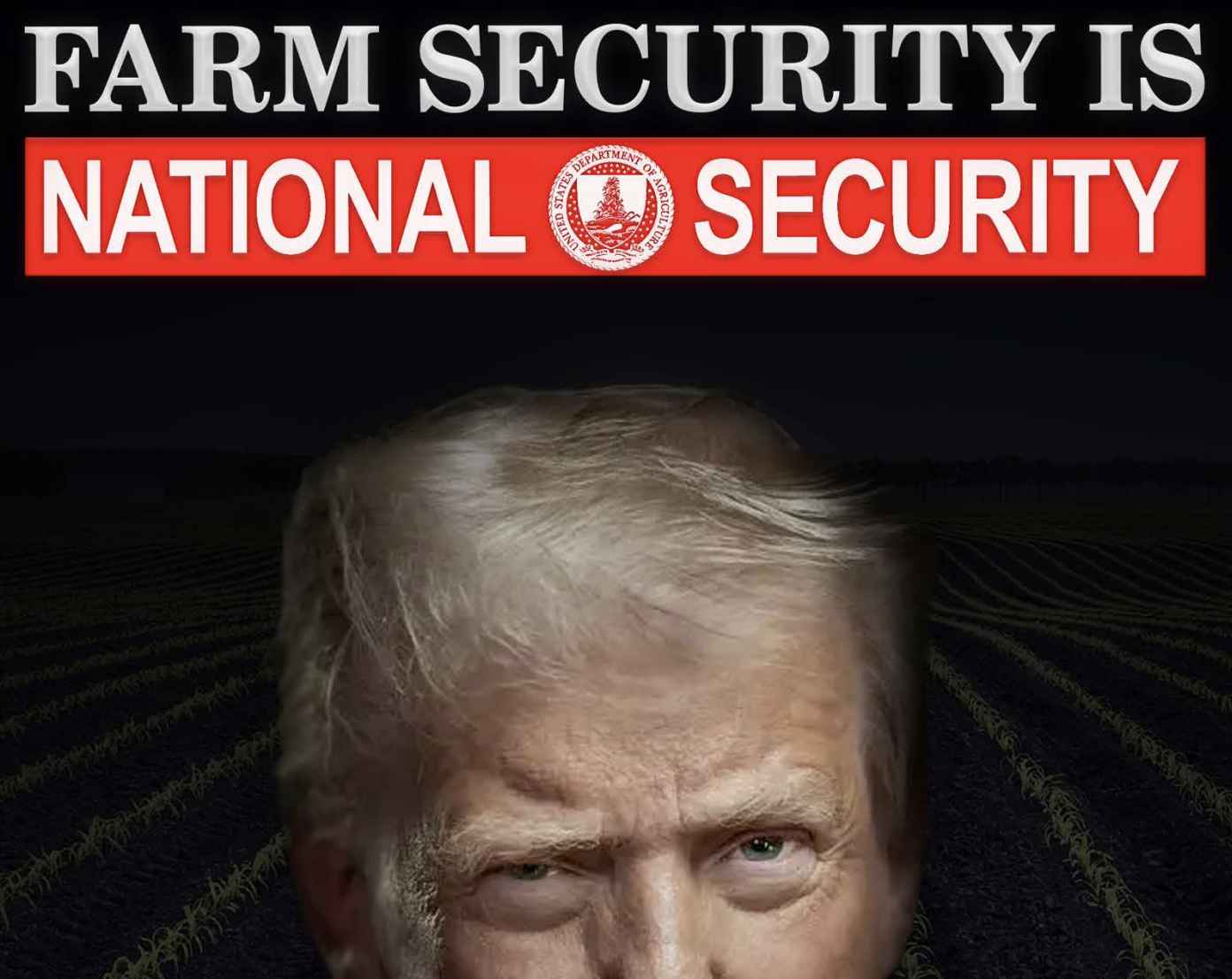
The USDA now calls “Farm Security is National Security”. But what about food sovereignty?
Start here: Mandatory Country-of-Origin Labeling (MCOOL). It’s not a slogan—it’s a lifeline for every American rancher being undercut by cartel-cleared imports passed off as U.S. beef. Reinstating MCOOL puts a floor under the market.
But it’s not enough. Because “Product of USA” means nothing if we still don’t know the rancher.
That’s why the next standard is Rancher-of-Origin. Traceability to the herd, the pasture, the human being. Not just for imports—but for domestic trade too. Especially now, when multinational packers are blending boxed beef from every continent into your local grocery case.
“You need to know the person who calved that cow. Where it was born. Where it lived its entire life.”
— Shanen Ebersole, Ebersole Cattle Co.
And then—burn the tax that funds the betrayal.
The beef checkoff steals tens of millions from independent ranchers every year to bankroll ads that benefit the same four packers flooding the system with cartel-cleared cattle. It’s not a promotion program—it’s a monopoly subsidy.
Let’s get serious:
✅ Reinstate MCOOL for all beef
✅ Develop rancher of origin labeling—domestic and imported
✅ Revoke equivalence status for cartel-compromised exporters
✅ And abolish the checkoff—no more paying to be replaced
Because if national security starts at the farm, then sovereignty starts with a name, a herd, and a handshake.
Know Your Rancher
Label it. Trace it. Fund freedom—not your extinction.


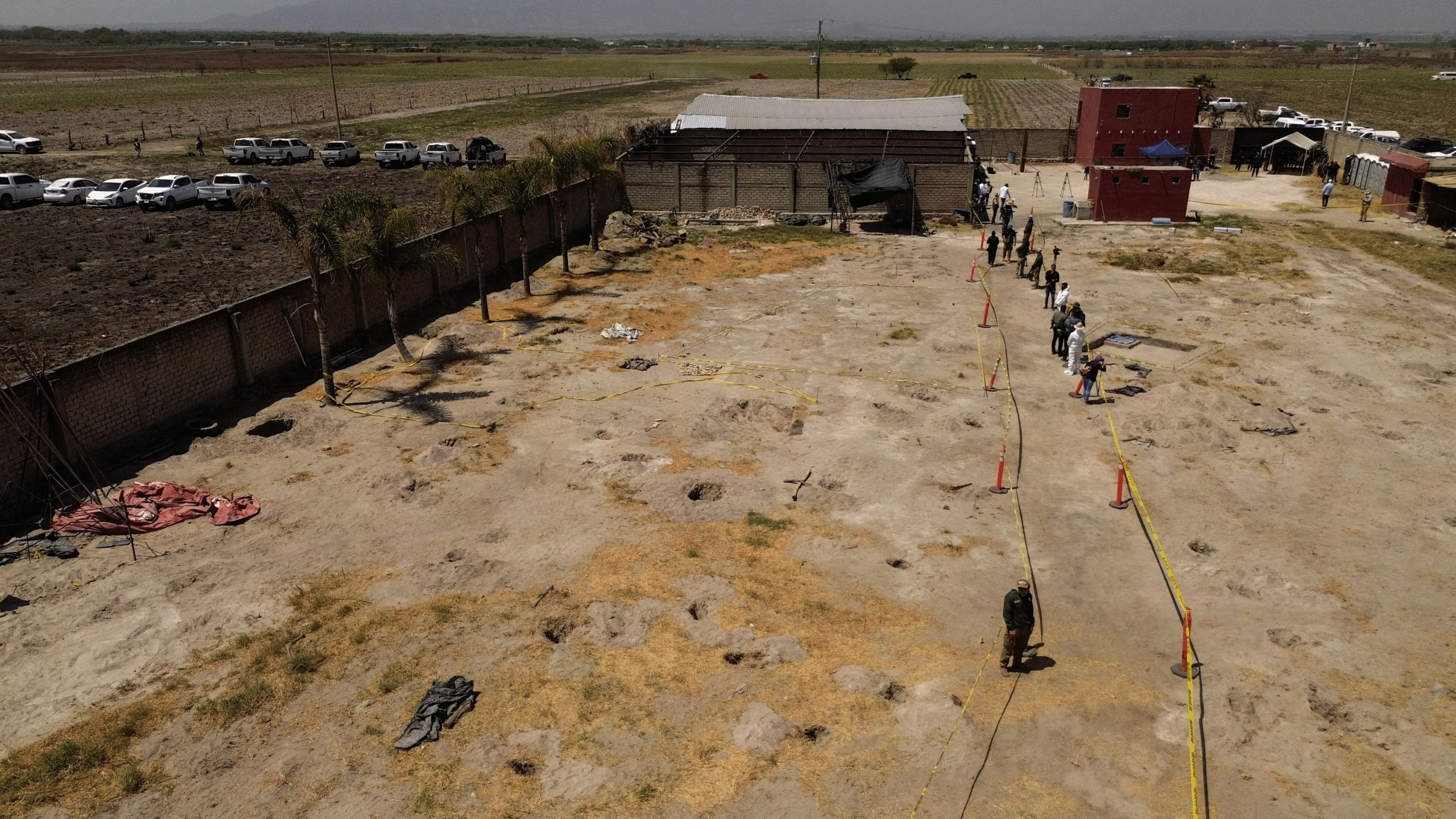

0 Comments